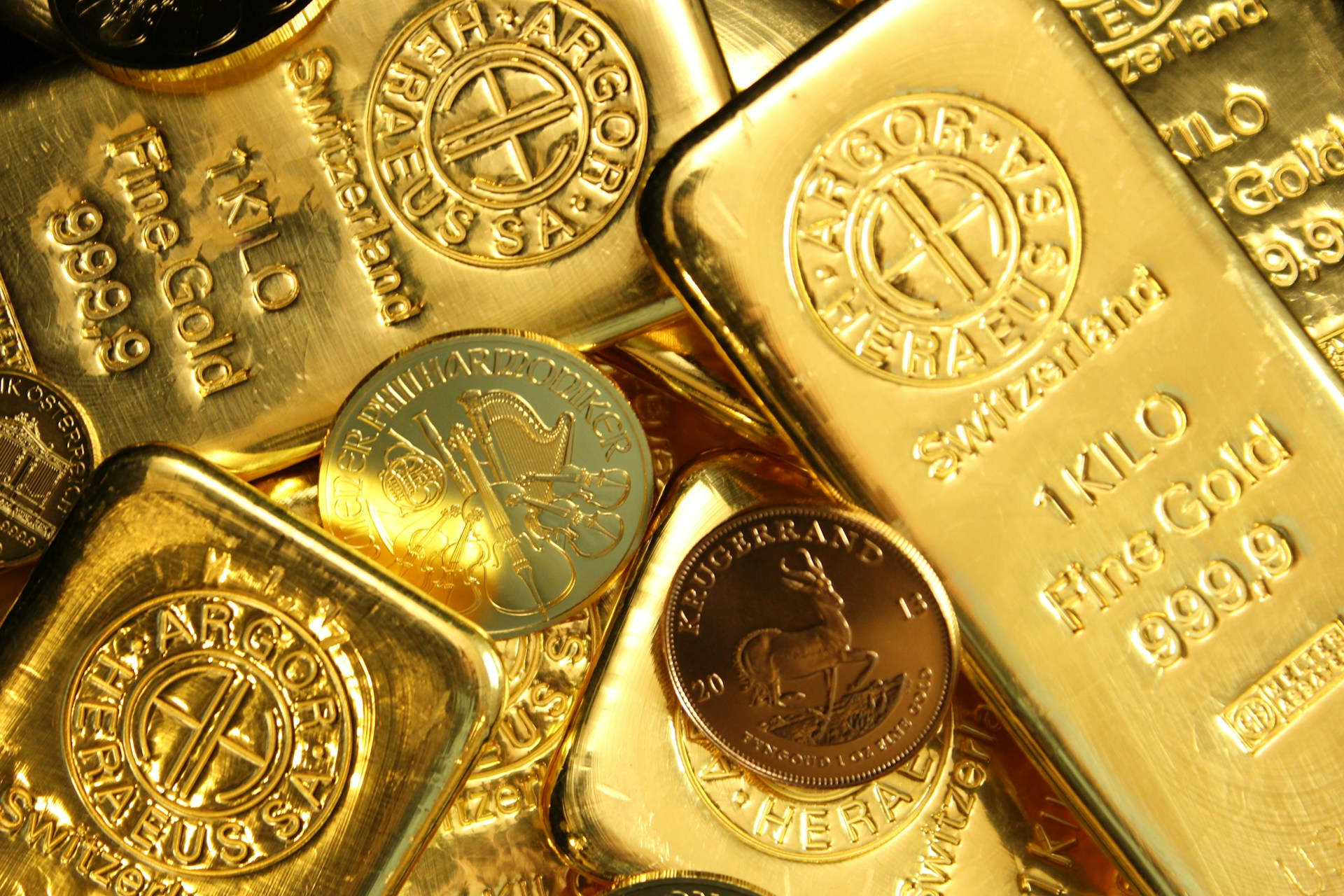
The Future of Gold in a Digital Economy
As the digital economy rapidly expands, new technologies and virtual assets are reshaping the financial landscape. Cryptocurrencies, blockchain technology, and the rise of decentralised finance (DeFi) have created a shift in how we view money, assets, and investment. Amidst these changes, traditional assets like gold remain relevant, but what is the future of gold in this increasingly digital economy?
Gold’s Historical Significance
Gold is recognized for its lengthy history as a symbol of wealth, a hedge against inflation, and a store of value. For thousands of years, it has played a pivotal role in global economies, from ancient civilisations using it as currency to its use as a backing for paper money. Even in modern times, central banks hold vast reserves of gold to safeguard against economic instability. Likewise, gold dealers continue to play a crucial role in providing access to physical gold for investors.
Gold’s physical properties – its rarity, durability, and the fact that it doesn’t corrode – have always given it intrinsic value. This has made it a safe haven for investors during times of economic uncertainty. However, as the world transitions into a more digital-first economy, how do gold and gold dealers remain relevant in this new financial order?
The Rise of Digital Assets
The rise of digital assets, particularly cryptocurrencies, has presented a new frontier for investment. Bitcoin, often dubbed “digital gold,” has been at the forefront of this movement, attracting those who see it as an alternative to traditional safe-haven assets. Cryptocurrencies offer decentralisation, borderless transactions, and the promise of significant returns – features that appeal to a tech-savvy generation.
Yet, while digital assets have captured headlines, they remain volatile and, for many, too risky to serve as reliable stores of value. Unlike gold, cryptocurrencies don’t have thousands of years of history as a trusted medium of exchange. This unpredictability often drives investors back to gold during periods of market turbulence, where gold dealers provide them with easy access to physical assets.
Gold’s Role in a Digital Economy
In a digital economy, gold is evolving rather than being replaced. One of the most significant developments has been the tokenisation of gold. Blockchain technology allows for the creation of digital tokens backed by physical gold, combining the security and tangibility of gold with the convenience of digital assets. These tokens can be easily traded or transferred, making gold more accessible to a broader range of investors.
Moreover, as central banks around the world explore digital currencies (CBDCs), gold could play a complementary role. While CBDCs are digital in nature, their introduction could trigger concerns about the stability of fiat currencies, especially during times of crisis. Gold, as a historically stable asset, may see increased demand as people look for diversification and protection against the potential risks associated with digital-only currencies.
Gold as a Hedge in the Digital Age
Inflation concerns and economic instability remain persistent in today’s world, especially with governments adopting unprecedented monetary policies like quantitative easing. In this environment, gold’s status as an inflation hedge is unlikely to diminish. Even as digital currencies gain popularity, they are unlikely to fully replace gold’s role as a safeguard against the devaluation of fiat currencies.
Additionally, geopolitical tensions, supply chain disruptions, and environmental factors continue to impact global economies. These issues reinforce gold’s position as a trusted store of value, particularly in times of uncertainty, where digital assets may not yet provide the same level of confidence.
Conclusion
While the digital economy presents exciting opportunities, it is clear that gold’s relevance is far from fading. Instead, it is adapting to the new financial landscape through innovations like tokenisation and continues to serve as a trusted hedge against inflation and economic instability. As digital assets and cryptocurrencies evolve, gold will likely maintain its position as a cornerstone of investment portfolios, providing stability in an otherwise volatile world.
In the future, the interplay between gold and digital assets will likely shape the financial landscape, with gold serving as a bridge between the tangible and digital worlds. Its unique combination of historical significance, intrinsic value, and adaptability ensures that gold – and gold dealers – will remain vital in the digital economy.
